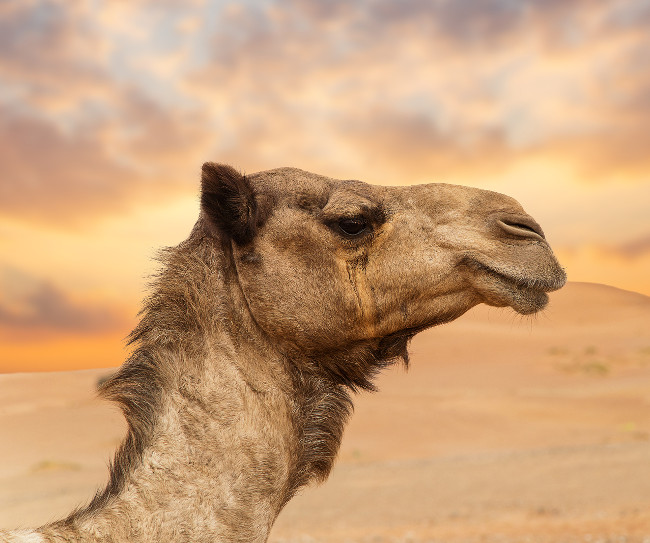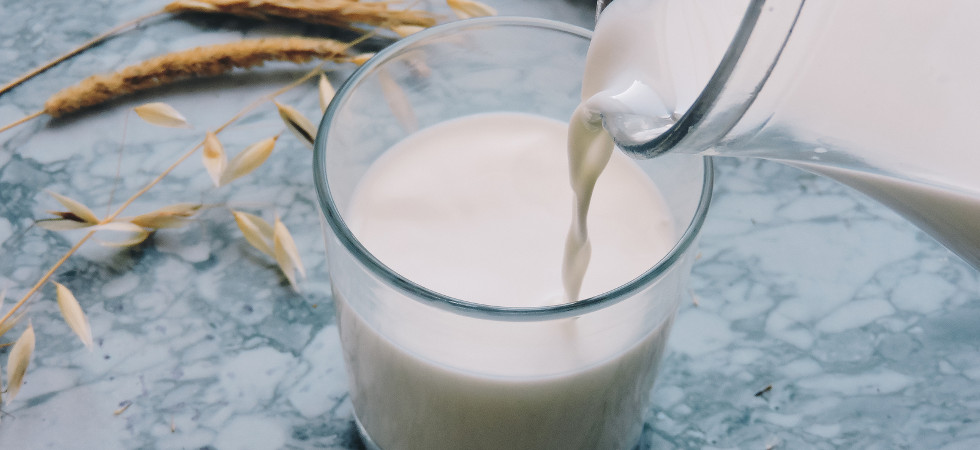One of the latest to hit the front pages is that of Kim Kardashian and her endorsement of camel milk.
Whilst this milk is new to us in the Western world, it has been consumed for thousands of years in other parts of the world and is popular in North Africa and the Middle East. Camel milk is a major source of nutrition where water is scarce and this sturdy animal can survive for a month without water, yet still produce milk.
But should you be slurping on this stuff, or sticking to the standard kind? We asked London’s leading nutritionist Lily Soutter for her take on this latest celebrity health craze.

Is camel’s milk more nutritious than cow’s milk?
“Both cows and camel’s milk are both highly nutritious, but differ slightly in their nutrient offering. Camel’s milk comes with higher quantity of minerals such as zinc, and around 5-10 times the amount of iron. What’s more it contains 3-5 times the amount vitamin C, which is handy when in desert conditions where fresh fruit and veg may be sparse 1.
“On the other hand it has been reported that camel milk contains lower amounts of fats, protein and carbohydrates in comparison to cow’s milk. It also comes with lower levels of vitamin A, E and certain B vitamins such as thiamine, riboflavin 1.
“However it’s important to note that the nutrient composition (including fatty acids) of camel milk has been found to differ from country to country and is correlated to the environmental and farming conditions. This means that it is currently hard to provide accurate measures of the nutrient content as this can vary from batch to batch.”

Are there additional health benefits that come with camel’s milk?
“There is some preliminary research to suggest that camel milk may be better tolerated by those with lactose intolerance in comparison to cow’s milk 2, however larger trials need to be conducted before these properties can be confirmed.
“In relation to other health claims made around camel’s milk such as ‘preventing diabetes’ and ‘treating autism’, most of the research has been conducted on rats and more research needs to be conducted on humans. It’s important to be mindful of sweeping health claims around camel’s milk as there are currently no conclusive studies to support these claims, in fact the Food and Drug Administration instructed one company to take down their health claims from their website to not mislead the general public.
“In summary, camel’s milk is highly nutritious, but so is less expensive and more readily available cow’s milk or even goat’s milk! Many of the additional nutrients found in camel’s milk can be found from other foods sources, which are local and easily accessible in Western world.”






















